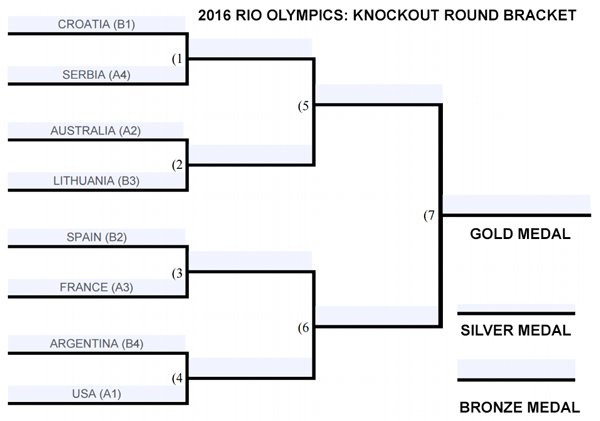Home »
Misc »
How to create a basketball bracket
How to create a basketball bracket
Printable Basketball Tournament Brackets Single & Double Elimination
New! Fillable Brackets
Edit Your Brackets!
10 Line Scratchers
10 Line Scratch-Off Cards
Round Robin Scheduler
Create Tournament Schedule
Click for NBA Playoff Brackets
| Single Elimination Blind Draw Tournament Brackets |
|---|
| 3 Teams |
4 Teams |
5 Teams |
6 Teams |
7 Teams |
8 Teams |
| 9 Teams |
10 Teams |
11 Teams |
12 Teams |
13 Teams |
14 Teams |
| 15 Teams |
16 Teams |
17 Teams |
18 Teams |
19 Teams |
20 Teams |
| 21 Teams |
22 Teams |
23 Teams |
24 Teams |
25 Teams |
26 Teams |
| 27 Teams |
28 Teams |
29 Teams |
30 Teams |
31 Teams |
32 Teams |
| 33 Teams |
34 Teams |
35 Teams |
36 Teams |
37 Teams |
38 Teams |
| 39 Teams |
40 Teams |
41 Teams |
42 Teams |
43 Teams |
44 Teams |
| 45 Teams |
46 Teams |
47 Teams |
48 Teams |
49 Teams |
50 Teams |
| 51 Teams |
52 Teams |
53 Teams |
54 Teams |
55 Teams |
56 Teams |
| 57 Teams |
58 Teams |
59 Teams |
60 Teams |
61 Teams |
62 Teams |
| 63 Teams |
64 Teams |
65 Teams |
66 Teams |
67 Teams |
68 Teams |
| 69 Teams |
70 Teams |
71 Teams |
72 Teams |
73 Teams |
74 Teams |
| 75 Teams |
76 Teams |
77 Teams |
78 Teams |
79 Teams |
80 Teams |
| 81 Teams |
82 Teams |
83 Teams |
84 Teams |
85 Teams |
86 Teams |
| 87 Teams |
88 Teams |
89 Teams |
90 Teams |
91 Teams |
92 Teams |
| 93 Teams |
94 Teams |
95 Teams |
96 Teams |
97 Teams |
98 Teams |
| 99 Teams |
100 Teams |
101 Teams |
102 Teams |
103 Teams |
104 Teams |
| 105 Teams |
106 Teams |
107 Teams |
108 Teams |
109 Teams |
110 Teams |
| 111 Teams |
112 Teams |
113 Teams |
114 Teams |
115 Teams |
116 Teams |
| 117 Teams |
118 Teams |
119 Teams |
120 Teams |
121 Teams |
122 Teams |
| 123 Teams |
124 Teams |
125 Teams |
126 Teams |
127 Teams |
128 Teams |
| Double Elimination Blind Draw Tournament Brackets |
|---|
| 3 Teams |
4 Teams |
5 Teams |
6 Teams |
7 Teams |
8 Teams |
| 9 Teams |
10 Teams |
11 Teams |
12 Teams |
13 Teams |
14 Teams |
| 15 Teams |
16 Teams |
17 Teams |
18 Teams |
19 Teams |
20 Teams |
| 21 Teams |
22 Teams |
23 Teams |
24 Teams |
25 Teams |
26 Teams |
| 27 Teams |
28 Teams |
29 Teams |
30 Teams |
31 Teams |
32 Teams |
| 33 Teams |
34 Teams |
35 Teams |
36 Teams |
37 Teams |
38 Teams |
| 39 Teams |
40 Teams |
41 Teams |
42 Teams |
43 Teams |
44 Teams |
| 45 Teams |
46 Teams |
47 Teams |
48 Teams |
49 Teams |
50 Teams |
| 51 Teams |
52 Teams |
53 Teams |
54 Teams |
55 Teams |
56 Teams |
| 57 Teams |
58 Teams |
59 Teams |
60 Teams |
61 Teams |
62 Teams |
| 63 Teams |
64 Teams |
|
|
|
|
| Single Elimination Seeded Tournament Brackets |
|---|
| 3 Teams |
4 Teams |
5 Teams |
6 Teams |
7 Teams |
8 Teams |
| 9 Teams |
10 Teams |
11 Teams |
12 Teams |
13 Teams |
14 Teams |
| 15 Teams |
16 Teams |
17 Teams |
18 Teams |
19 Teams |
20 Teams |
| 21 Teams |
22 Teams |
23 Teams |
24 Teams |
25 Teams |
26 Teams |
| 27 Teams |
28 Teams |
29 Teams |
30 Teams |
31 Teams |
32 Teams |
| 33 Teams |
34 Teams |
35 Teams |
36 Teams |
37 Teams |
38 Teams |
| 39 Teams |
40 Teams |
41 Teams |
42 Teams |
43 Teams |
44 Teams |
| 45 Teams |
46 Teams |
47 Teams |
48 Teams |
49 Teams |
50 Teams |
| 51 Teams |
52 Teams |
53 Teams |
54 Teams |
55 Teams |
56 Teams |
| 57 Teams |
58 Teams |
59 Teams |
60 Teams |
61 Teams |
62 Teams |
| 63 Teams |
64 Teams |
65 Teams |
66 Teams |
67 Teams |
68 Teams |
| 69 Teams |
70 Teams |
71 Teams |
72 Teams |
73 Teams |
74 Teams |
| 75 Teams |
76 Teams |
77 Teams |
78 Teams |
79 Teams |
80 Teams |
| 81 Teams |
82 Teams |
83 Teams |
84 Teams |
85 Teams |
86 Teams |
| 87 Teams |
88 Teams |
89 Teams |
90 Teams |
91 Teams |
92 Teams |
| 93 Teams |
94 Teams |
95 Teams |
96 Teams |
97 Teams |
98 Teams |
| 99 Teams |
100 Teams |
101 Teams |
102 Teams |
103 Teams |
104 Teams |
| 105 Teams |
106 Teams |
107 Teams |
108 Teams |
109 Teams |
110 Teams |
| 111 Teams |
112 Teams |
113 Teams |
114 Teams |
115 Teams |
116 Teams |
| 117 Teams |
118 Teams |
119 Teams |
120 Teams |
121 Teams |
122 Teams |
| 123 Teams |
124 Teams |
125 Teams |
126 Teams |
127 Teams |
128 Teams |
| Double Elimination Seeded Tournament Brackets |
|---|
| 3 Teams |
4 Teams |
5 Teams |
6 Teams |
7 Teams |
8 Teams |
| 9 Teams |
10 Teams |
11 Teams |
12 Teams |
13 Teams |
14 Teams |
| 15 Teams |
16 Teams |
17 Teams |
18 Teams |
19 Teams |
20 Teams |
| 21 Teams |
22 Teams |
23 Teams |
24 Teams |
25 Teams |
26 Teams |
| 27 Teams |
28 Teams |
29 Teams |
30 Teams |
31 Teams |
32 Teams |
| 33 Teams |
34 Teams |
35 Teams |
36 Teams |
37 Teams |
38 Teams |
| 39 Teams |
40 Teams |
41 Teams |
42 Teams |
43 Teams |
44 Teams |
| 45 Teams |
46 Teams |
47 Teams |
48 Teams |
49 Teams |
50 Teams |
| 51 Teams |
52 Teams |
53 Teams |
54 Teams |
55 Teams |
56 Teams |
| 57 Teams |
58 Teams |
59 Teams |
60 Teams |
61 Teams |
62 Teams |
| 63 Teams |
64 Teams |
|
|
|
|
| Basketball Roster Sheet |
3-Point Percentage Calculator |
| Free Throw Percentage Calculator |
Basketball Court Diagram |
| Winning Percentage Calculator |
Printable Basketball Stats Sheet |
Skip Side Navigation Links
-
Tournament Brackets
- Tournament Bracket Creator
- Single Elimination
- Double Elimination
- Triple Elimination
- Round Robin
- 3 Game Guarantee
- Consolation Tournament Brackets
- Excel Tournament Brackets
- Compass Draw Brackets
- Fillable Brackets
- League Schedules
-
Office Pools
- Football Pools
- Weekly Pick'em
- College Football Pick'em
- Spread'em Pools
- Confidence Pools
- Survivor Pool
- Football Squares
- 10 Line Football Squares
- 100 Square Grid
- 50 Square Grid
- 25 Square Grid
- 10 Line Football Squares
- Big Game Prop Pool
- Super Bowl Party Games
- Best Super Bowl Squares
- College Bowl Schedule
- March Madness Bracket
- Madness Block Pool
- Office Pools for College Basketball Tourney
- Basketball Pools
- All Office Pools
-
Printable Schedules
- College Football Weekly Schedules
- Printable Nascar Schedule
- Nascar Xfinity Series
- Fantasy Football Leauge Schedules
- College Basketball Championships
-
Game Brackets
- Cornhole Brackets
- Dart Brackets
- Billiard Brackets
- Basketball Brackets
- Softball Brackets
- Wrestling Brackets
- Beer Pong Brackets
- Baseball Brackets
- All Brackets
-
How to Organize
- Single Elimination
- Double Elimination
- Round Robin Tourney
- Blind Draw Tourney
- Seeded Tourney
- March Madness Pool
- Swiss Tournament
-
Cool Tools
- Football Squares Generator
- League Scheduler
- Round Robin Scheduler
- Draft Board Creator
- Bingo Card Creator
- Win Percent Calculator
- Dart Double Out Calculator
- Tournament Randomizer
- Printable Tax Brackets
-
Playoff Brackets
- NFL Playoff Bracket
- NBA Playoff Bracket
- NHL Playoff Bracket
- MLB Playoff Bracket
- MLS Playoff Bracket
- College Football Bracket
How to fill out a tournament bracket
James Snook-USA TODAY Sports
Feb 15, 2022
Thinking about playing ESPN's Tournament Challenge game but don't know where to start?
We completely understand. Getting up to speed on college basketball for the NCAA Tournament can be a difficult endeavor. After all, there are 351 schools that make up the 32 Division I conferences.
But don't worry. Even for the #TournamentChallenged, filling out your bracket doesn't have to be a daunting task. All you need are a few quick tips to get initiated into the time-honored tradition of "joining the madness" and have a chance to win the grand prize of $100,000!
Playing is simple
1. Go to Tournament Challenge; click "Create New Bracket"
Go to Tournament Challenge; click "Create New Bracket"
2. Click "Edit your entry settings here." Select a name for your bracket; click "Save Settings.
3. (Optional) Create a group to play against your friends, family, coworkers or others; click "Create Group."
4. (Optional) Join a group to play against fans of your favorite school, ESPN TV show, etc.; click "Join Group."
5. Fill out your bracket -- Pick a winner for every game of each round, with those winners facing off in each subsequent round, until only one team remains. That's your champion. Don't forget the tiebreaker: predicting the final score of the championship game; click "Submit"
Autofill bracket options
Chalk (all favorites): Take the higher seed (1, 2, etc.) in every matchup, automatically, and hope for no upsets!
Random: It's like flipping a coin for each and every game! We'll randomly select a winner for you in each game.
Smart Bracket (powered by BPI Simulation): Using ESPN's Basketball Power Index to break down the games, we'll generate a bracket for you.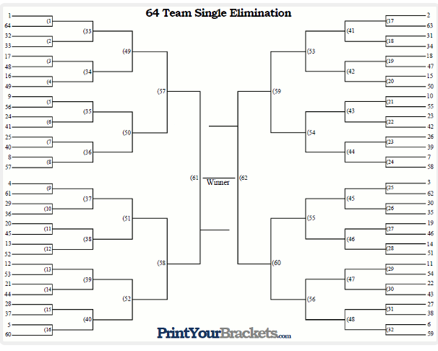
Other bracket options
Help with making your picks
Seeds are there for a reason: The brackets are not created by randomly picking teams out of a hat -- the best teams are 1-seeds and the worst are 16-seeds. The selection committee tries its best to balance the field by making sure the best teams don't have to face each other until the later stages of the tournament. The chances of all four 1-seeds making it to the Final Four are considerably better than the chances of four 11-seeds making it there. So, when in doubt, go with the chalk pick (the better-seeded team).
Upsets do happen: In 2018, for the first time ever, a 16-seed defeated a 1-seed (UMBC over Virginia) -- and did so in blowout fashion, winning by 20 points. Additionally, an 11-seed (Loyola-Chicago) made it all the way to the Final Four. For whatever reason, traditionally, 12-seeds have far exceeded expectations against 5-seeds, which is why it is commonplace to see Tournament Challenge participants select at least one 12-seed to advance at least a couple of rounds.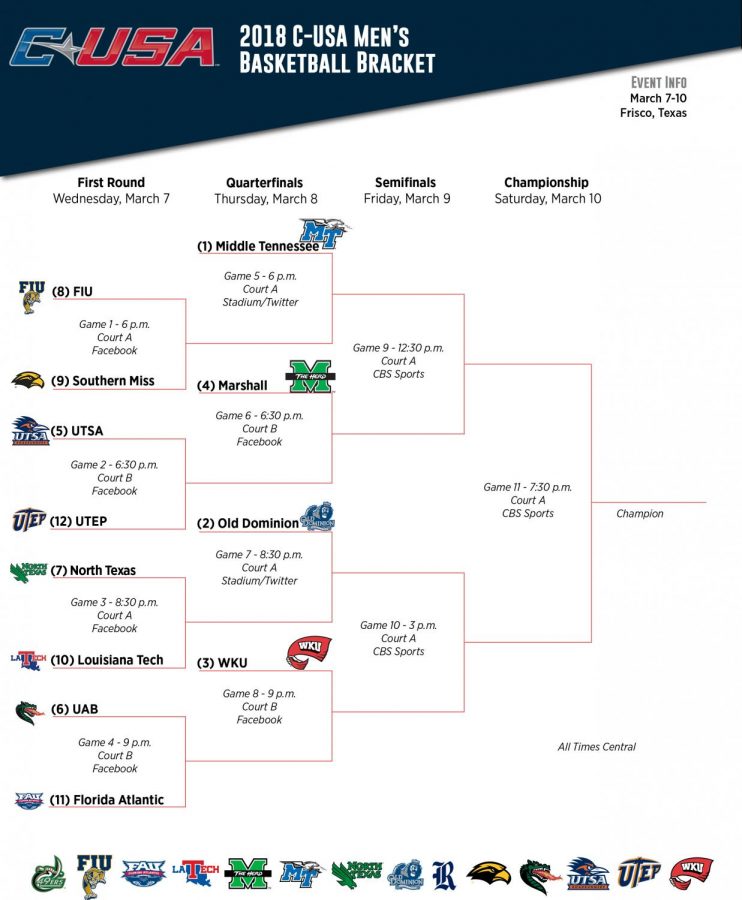
Unpredictability is par for the course: In 2019, 12-seeded Oregon and 13-seeded UC-Irvine both pulled off upsets and ended up squaring off for a chance to make the Sweet 16. However, apart from that game, only one other team outside of chalk (5-seeded Auburn) made it to the second week of play. The moral of the story: Don't be afraid to pick upsets, but don't pick too many. Although a Cinderella always seems to crash the ball, there aren't that many glass slippers to pass around.
Traditional powers do tend to rise to the top: Villanova has won twice in the past five tournaments. Gonzaga advanced to the National Championship for the second time in the past four tourneys. Nobody should be surprised when perennial top-10 darlings make deep runs. They're called traditional powers for a reason.
Don't get too caught up with a team's record: You're likely to see a few teams with 17-plus wins squaring off with teams that are barely over .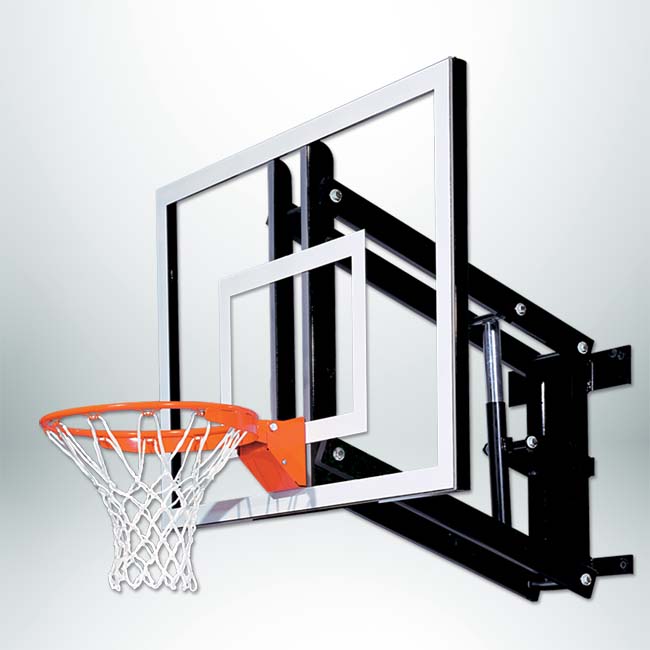 500. You're also likely to discover that the team with the worse record has a better seed. The reason for this is that not all teams play against the same level of competition. Good teams from smaller conferences (which are likely to get only a single team into the tournament) might load up on wins over lesser competition compared to middle-of-the-pack teams from power conferences (which will "get credit" for playing a tougher schedule). You can either trust the seeding process, which does get it right far more often than not, or take a look at BPI, which ranks all the teams while factoring in the vast imbalance in scheduling.
500. You're also likely to discover that the team with the worse record has a better seed. The reason for this is that not all teams play against the same level of competition. Good teams from smaller conferences (which are likely to get only a single team into the tournament) might load up on wins over lesser competition compared to middle-of-the-pack teams from power conferences (which will "get credit" for playing a tougher schedule). You can either trust the seeding process, which does get it right far more often than not, or take a look at BPI, which ranks all the teams while factoring in the vast imbalance in scheduling.
The winner of these contests is often surprising: You can crunch all the numbers, analyze all the stats, memorize all the rosters and watch every single minute of ESPN's Champ Week to scout schools from less-publicized conferences; at the end of the day, once the ball is tipped, anything is possible. The person who gets his or her arm twisted into filling out a bracket and decides to pick only teams with animals as their mascots can just as easily end up with the trophy. That's what makes this such a fun ride. Get on board!
That's what makes this such a fun ride. Get on board!
- Terms of Use
- Privacy Policy
- Interest-Based Ads
- EU Privacy Rights
- Cookie Policy
- Manage Privacy Preferences
© ESPN Enterprises, Inc. All rights reserved.
Basketball hoop - how to make a stand with a backboard with your own hands
Love basketball and want to make a hoop? I wanted to make it myself, not buy it, and I ended up making it. It's pretty cheap, especially if you have some of the stuff you need to assemble.
Let's start assembling the basketball hoop with our own hands.
Step 1: Shape the Ring
The first thing you will need is a ring, I made it with 12mm rod, but it doesn't have to be that size.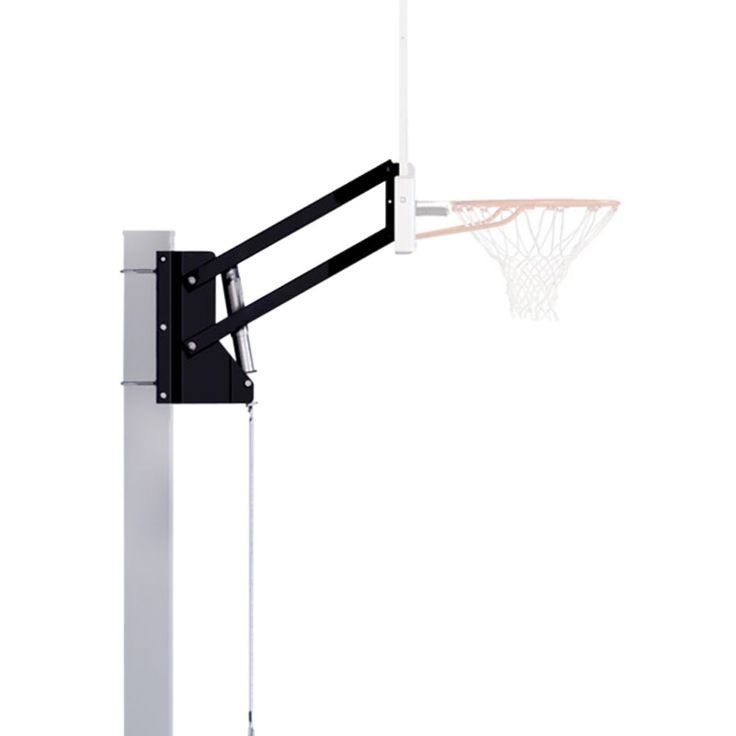 The standard diameter of a basketball hoop is 450 mm.
The standard diameter of a basketball hoop is 450 mm.
To make it flat you need something to wrap it around, this thing should be about 400mm in diameter.
I found an old car rim of the right size, you will need to clamp it to the table with a clamp using a piece of wood.
As shown in photo 2, place another clamp a little further from the first with a rod between them.
As shown in photo 3, slowly wrap the rod around the disk, once you wrap the rod and its edges overlap, cut off the straight ends.
Use a clamp to press the ends together, then weld them together.
To complete this part, place the ring on the ground and straighten out all the curves.
Step 2: Frame
- Bend a piece of flat metal, mine was 4mm thick.
- Weld it to a flat point in the ring.
- Cut two rods 320 mm long.
- Weld them as shown in the photo.
- Drill four holes to match your existing bolts.
- If you need a netball ring, you can simply attach it to a post and skip the rest of the steps.
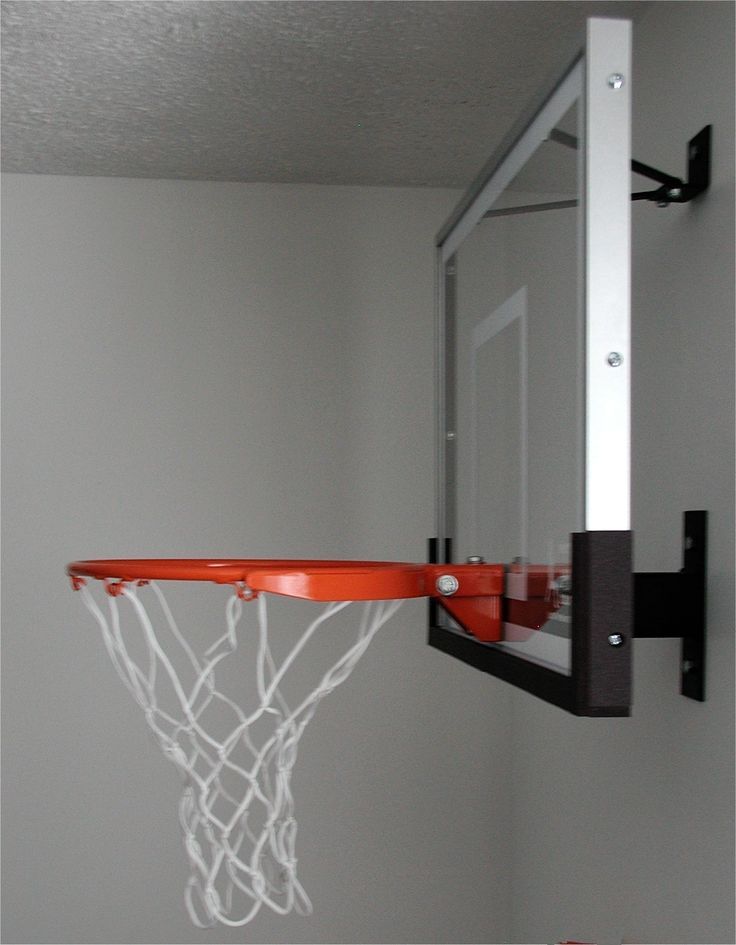
Step 3: Mesh Staples (Optional)
Show 7 More Images
Do this step if you need mesh. If you need a network, you will have to buy it.
This step is not as difficult as it seems.
- cut 12 pieces of wire 90 mm long (I would recommend making a few spare parts, as they are easy to ruin.)
- bend them in the middle (it doesn't matter if the tips are the same length)
- clamp the wire in a vise with a steel rod at one end
- bend wire over rod
- repeat this with all parts of
- retighten the wire wrapped around the rod (see photo)
- bend it
- repeat with all parts
- retighten the wire wrapped around the rod
- bend it (at this point you can't just remove the wire from the rod - you will need to slide it to one of its edges and remove it from the edge)
- repeat with all parts of
- divide into 12 pieces and weld on the brackets
Step 4: Backboard
Cut the board to size.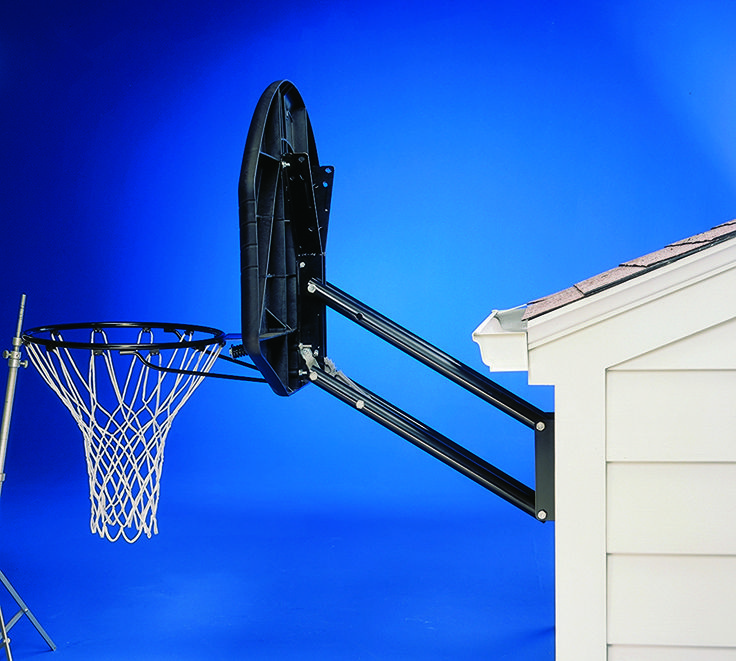 My board does not fit the full size of basketball boards. (the second picture shows the dimensions of a standard shield).
My board does not fit the full size of basketball boards. (the second picture shows the dimensions of a standard shield).
My measurements are 1100mm wide, 700mm high and 25mm thick. (You don't have to be that size.)
Step 5: Paint the Shield
Once you've drawn all the lines on the shield, lay masking tape over them. If you try, everything will look neat.
If you are using MDF, you will need to take care to protect the edges from moisture (as shown in photo 2).
Carefully paint over the areas around the masking tape.
Remove masking tape after enough coats of paint have been applied and the board looks complete.
Step 6: Paint the ring
First you need to sand the metal. I used a grinding disc on a grinder.
The ring must not be black or white, it must stand out from the shield. Usually the ring is painted orange or red.
The easiest way to paint inventory is from a can.
Step 7: Assemble
Put it all together.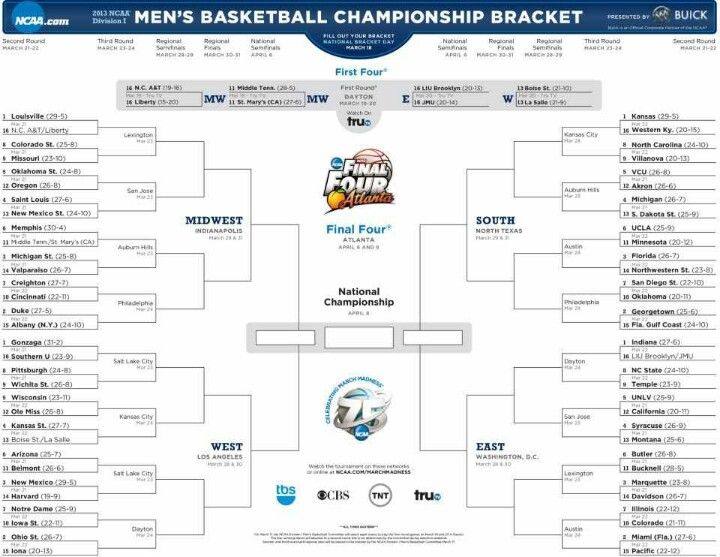 Screw the ring to the shield, hang a net on the ring.
Screw the ring to the shield, hang a net on the ring.
Step 8: Installation
DIY Basketball Post is great to mount on a garage or house wall, but if you want to mount it on a pole, you can create one too.
I installed my ring in the yard using heavy duty wood screws.
A standard basketball hoop must be placed 3 meters from the ground.
I am not responsible for any damage you cause to yourself or your property - you make your own ring.
Successful throws!
How to equip a basketball court in the country or in the yard
Basketball develops the physical data of the child - coordination, endurance, educates strong-willed qualities, concentration, attentiveness and teaches non-standard thinking. Professionals recommend sending a child to the basketball section from the age of 8-9, but outside the city or in the yard, you can “chase the ball” from an early age.
I myself equipped a basketball court in my country house and now I am ready to share the secrets of its arrangement. I'll tell you what you need to do, how to choose the right equipment and how to care for it.
I'll tell you what you need to do, how to choose the right equipment and how to care for it.
Prepare basketball court surface
To create a basketball court in accordance with all the rules, you need to select a flat horizontal surface for it and fill it with concrete. After that, I recommend applying a special rubber coating, like on playgrounds in the yard. There is a more expensive coating option - from rubber.
The coating will provide cushioning - the ball will bounce well.
If it is not possible to organize a special platform, you can simply place a rack or hanging basket on a dirt surface. In this case, the ball bounce will not be so strong. An important requirement for safety: the surface must be flat, without holes and bumps.
The dimensions of the site depend on the features of your yard or plot in the country. A full-fledged basketball court has dimensions of 28 × 15 meters. However, not everyone has the opportunity to build such a site in the country.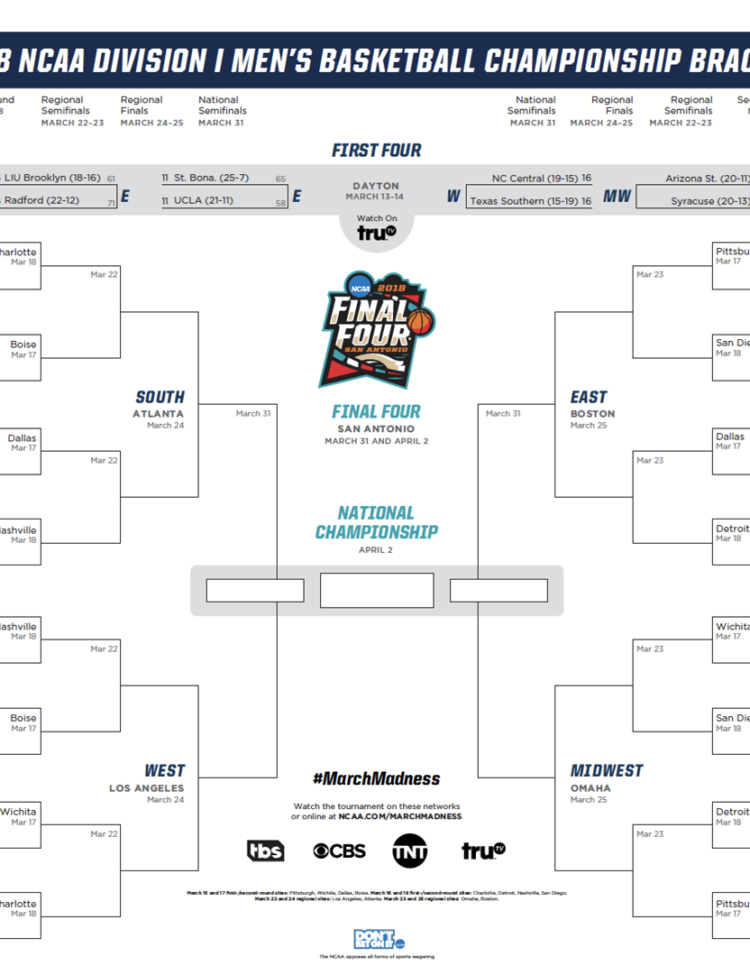
It is necessary to take into account the technical features of the game. The three-point line in basketball is 6.75 meters from the hoop. Therefore, it is necessary that the size of the site be at least 10 × 13 meters. If you are not going to train three-point shots, a 5 × 5 meter court will do.
Mark out
The second step is to mark up. It is important to use paints of contrasting colors. It is better to buy paints with a high content of rubber or polymer.
If you are equipping a basketball court for children, make the markings bright so that they cheer you up and attract attention. For the game of teenagers and adults, it is better to immediately apply technically correct markings.
Place a small fence or protective net on the site. Thanks to them, you do not have to constantly run after the ball to the other end of the site.
Buy stand or backboard
It is difficult to answer the question of what is better - a basketball stand or a backboard. It all depends on taste, tasks and opportunities. Each of these types of equipment has its pros and cons.
It all depends on taste, tasks and opportunities. Each of these types of equipment has its pros and cons.
There are two types of racks: mobile and static. The static one is mounted in the ground.
The base of the mobile rack is filled with sand or water - for stability. The main advantage of a mobile rack is that it can be moved from place to place. This is convenient when there is no dedicated basketball court or if you are going to play other games in this area, such as tennis or football.
The main requirement for racks is their stability. It will be much more comfortable and safer to play if you are sure that the stance will withstand a blow of any force.
Pay attention to the materials from which the racks are made. A static rack will be outdoors throughout the year, which means it must be made of reliable materials. It is better to buy racks from well-known manufacturers. So, the American companies Spalding or Royal Fitness guarantee high quality, durability and safety.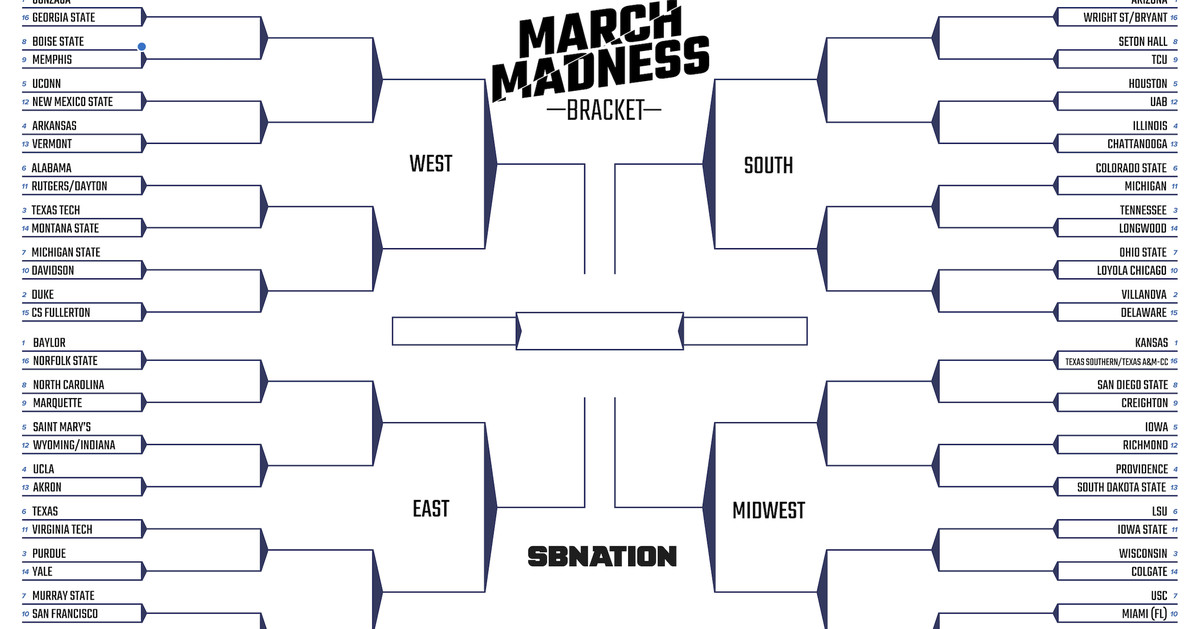
Basketball backboards can be made in the country with your own hands from a board, chipboard or plywood remnants. If this option does not suit you, you can purchase semi-professional or professional options in stores.
There are four types of materials from which the shield surface is made: composite, polycarbonate, acrylic and tempered glass. The first one is the cheapest. It is intended for entry-level players. Now manufacturers offer a large selection of colors. A carbonate backboard will provide a good bounce of the ball. An acrylic shield is bought to hold competitions or intense games.
The mobile stand can be moved, so it is suitable for a playground in the country and for those who want to play other games besides basketball
Shields and racks made of tempered glass look solid. They will be appreciated by experienced basketball players
Pay attention to rings
You can buy cheap rings, but I don't recommend doing that. In a year they will deteriorate and you will have to buy new ones. Basketball hoops from Spalding and Royal Fitness are made from quality metal that won't rust in the rain.
In a year they will deteriorate and you will have to buy new ones. Basketball hoops from Spalding and Royal Fitness are made from quality metal that won't rust in the rain.
The ring must have a springy structure - no rigid attachment to the shield.
According to NBA rules, the ring must be fixed at a distance of about three meters from the ground. For a game with the participation of younger students, it can be hung lower so that it is not very easy to hit it, but at the same time it is quite possible.
Choose rings made from high quality metal to last for many years. For a game involving adults and teenagers, metal chain rings are suitable. They are distinguished by durability and strength.
Know what types of basketballs exist
Success in the game depends on the basketball.
They are divided by size. Size 7 is for men, 5 for women. Even smaller balls are bought for children. The size 6 ball is suitable for street ball or street basketball where the game is played on half the field.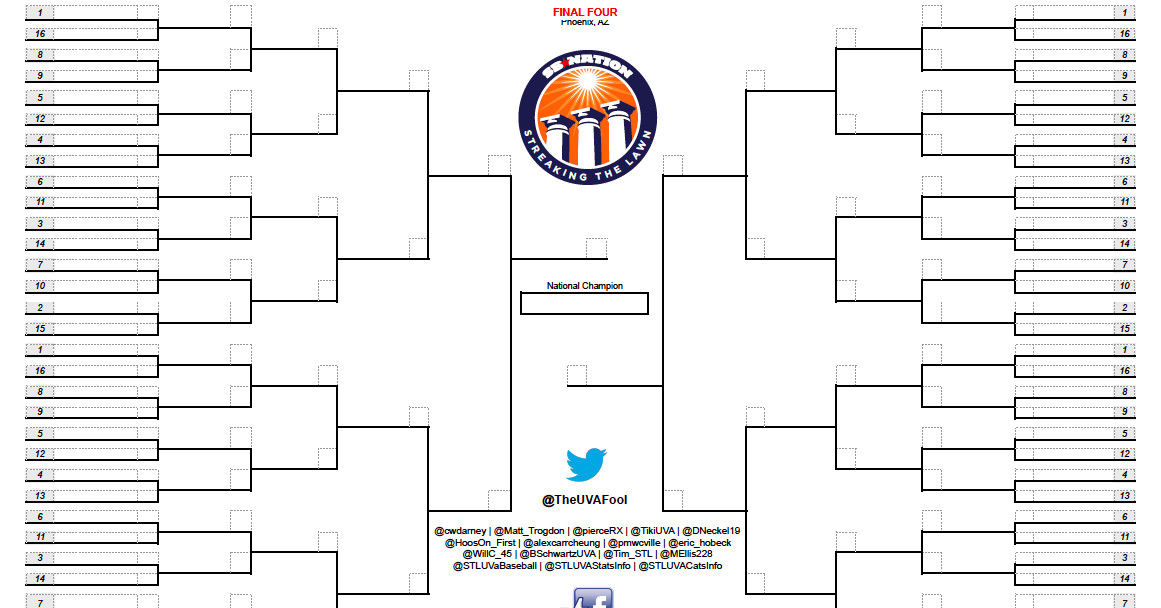
You also need to take into account where you will play the ball: on the street or in the hall. The street ball has a stronger bounce, it is harder and more wear-resistant, but the indoor ball is more convenient to hold in your hands.
It is important to pay attention to the composition of the basketball. Well-known companies use complex polymer compositions for its production. The more expensive the ball, the more complex the polymer composition. The quality of the material determines how comfortable it will be for the players to hold the ball, what kind of rebound it has from the floor and from the bow of the ring.
Another important nuance: do not forget to purchase a pump with any needle.
If you want the ball to have good grip and bounce well, you need to choose polymer models from world famous manufacturers
Proper care
Professional athletes are ready to play in any weather, but amateurs are better off not following their example.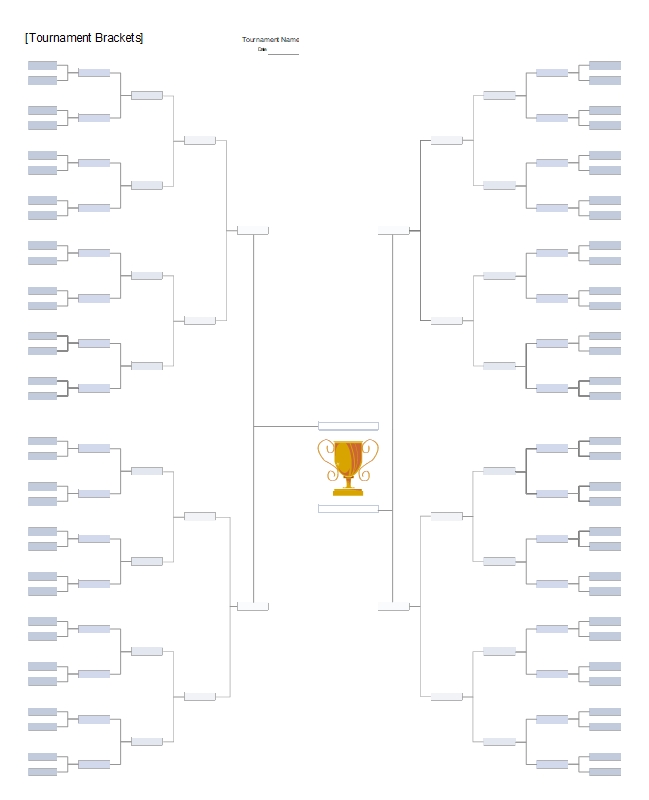 If you don't properly store, use and care for your basketball arsenal, its lifespan will be shortened. Humidity will ruin the ball and all equipment, so you can’t leave them outside during rain and snow.
If you don't properly store, use and care for your basketball arsenal, its lifespan will be shortened. Humidity will ruin the ball and all equipment, so you can’t leave them outside during rain and snow.
Balls should be stored only in a dry and ventilated room at a temperature of 10 to 20 °C.
Before winter storage, water must be poured out of the base of the mobile rack, and then removed from the street. If you don't feel like doing this every time, fill the rack with sand. Then it will not need to be constantly moved. Basketball stands from Royal Fitness can be left outside in the winter.
Points to Remember When Organizing a Basketball Court
- The area needs to be determined. The classic version - 28 × 15 meters - is not suitable for everyone. For a dacha, a 5 × 5 meter area will be enough if you want to train three-point shots.
- Don't forget the markup. It should be in a contrasting color. Bright colors will interest children and cheer them up.
